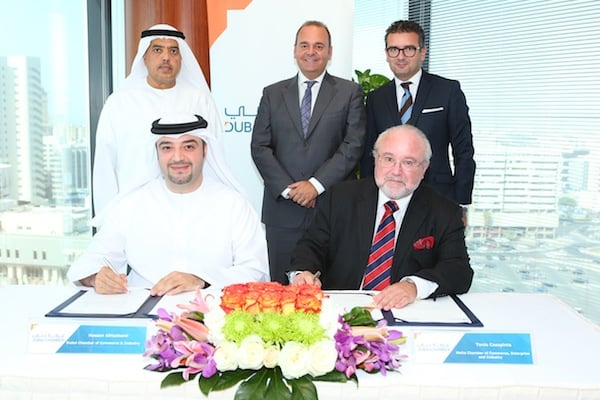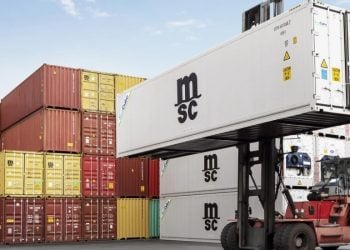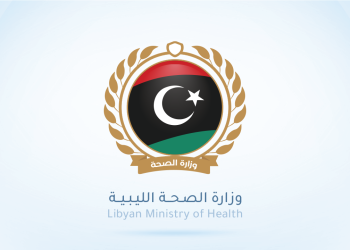By Libya Herald staff.

Benghazi, 6 October 2014:
Companies in Dubai are interested in using Malta as a base to invest in Libya . . .[restrict]and market their products there, as well as elsewhere in north Africa and Europe.
That message has been made by the chairman of the Dubai Chamber Chamber of Commerce (DC), Abdul Rahman Saif Al-Ghurair.
Speaking after the signing of a Strategic Partnership Agreement with the Malta Chamber of Commerce, Enterprise and Industry in Dubai at the end of last month, he said: “Dubai Chamber members are looking abroad for expansion and can use Malta as a base to sell their products and invest in Europe and North Africa, including Libya.” Likewise, Maltese companies working with Dubai-based organisations “can offer their products and services in the UAE and the wider Gulf area thus the two sides can build a stronger presence in these markets”.
A similar message has come from Tonio Casapinta, the chairman of the Malta Chamber’s Middle East Business Council who was in Dubai to sign the Partnership Agreement.
“Dubai-based companies who will be looking at Africa could easily look at Malta at a base from where to do business,” he told the Libya Herald. Libya and its economic potential had been among areas of growth looked at during the talks in Dubai.
The Maltese business delegation, led by Maltese Minister of Minister of Economy, Investment & Small Business Chris Cardona, was in Dubai for last week’s Africa Global Business Forum 2014. It was the second time this year the Maltese chamber has sent a group to Dubai.
In his speech to the Africa forum, Casapinta stated that Malta served as a gateway to Libya, that Maltese businessmen have had a long history of doing business there and that, despite current instability making trade and investment difficult, Maltese companies quickly restarted operations in Libya after the 2011 revolution and would do so again. He advised Dubai companies to use “the many good contacts cultivated by Maltese businesses” to tap the potentially lucrative market.
Casapinta himself knows the Libya market well. He is a member of the board of the Libyan-Maltese Chamber of Commerce and his Casapinta Design Group operates a joint venture, PAN Libya, with Tripoli-based exhibition organisers ATEX.
The Emiratis are known to want to invest in Libya. Companies, such as Emke Group with its Lulu chain of supermarkets and telecoms giant Etisalat as well as various Emirati banks and other financial institutions, have said they plan to enter the Libyan market, but almost everything is on hold because of the current security crisis. However, at last week’s Africa Global Business Forum, five areas were highlighted as main areas of future UAE investment in Africa – aviation, infrastructure, power generation, telecoms and tourism. All of them are potentially present in in Libya. [/restrict]









